Smart Cities Turn to AI Tracking to Help Solve Traffic Jams
How long is your daily commute? Thirty minutes? Sixty minutes? Longer and in both directions each work day? Take heart: Las Vegas and other municipalities are getting smart about solving traffic snarls.
Artificial Intelligence combined with IoT is beginning to address key challenges posed by growing urban populations, including managing traffic, healthcare, energy crises and many other issues. It can improve the lives of the citizens and businesses that inhabit a smart city.
According to Michael Thompson, writing for the dailymail.co.uk, this week, Las Vegas officials announced a new plan to deal with the city’s notorious gridlock and congestion by installing cameras and traffic sensors connected to an artificial intelligence system at intersections throughout the city. The effort will help direct traffic in a more efficient way. According to officials, the system should deliver efficiency gains of up to 40 percent to the daily traffic flow.
Recently, drivers coming from California after the Thanksgiving holiday suffered the delays of a 20-mile backup into Las Vegas. Exit ramp closures on I-15 due to a $1 billion road widening project at the infamous “Spaghetti Bowl” interchange have worsened the situation, according to the Las Vegas Review-Journal.
” ‘The goal eventually is to create a smart intersection that is capable of self-learning and self-diagnosing and changing based on vehicle pattern,’ Las Vegas’s director of IT Michael Sherwood told the Wall Street Journal.”
Data collected by the cameras and traffic sensors will be sent to a server stored in Las Vegas’s City Hall, where AI software developed by Nippon Telegraph & Telephone Corporation will analyze the information.
Kevin McCaney of governmentciomedia.com added information to the AI conversation last year with this observation:
“The city claims the system destroys the video and image files after they’ve been analyzed by the AI to protect individual privacy. While this has raised concerns over privacy and possible police-state tactics, the presence of cameras has produced documented improvements in public safety, reduced crimes rates in some areas, and in catching criminals — a security cameras played a key role in tracking the Austin, Texas, bomber.”
Las Vegas isn’t the only city relying on AI to help with traffic. Chattanooga, TN and Austin, TX are also on board with the AI tracking. While civil rights concerns will need to be addressed, and some kinks in the systems must be worked out, AI is expected to become widespread in city systems because it’s economical, according to a Deloitte University study. The study predicts that AI could save governments $41 billion.
read more at dailymail.co.uk

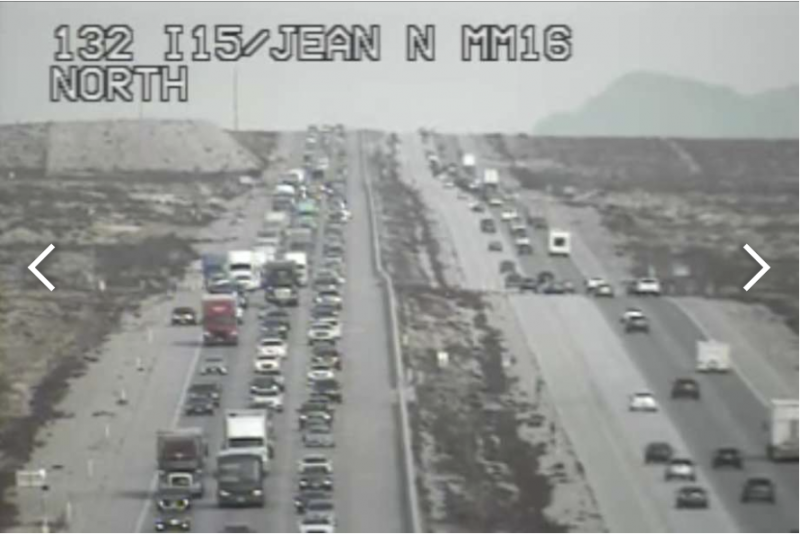
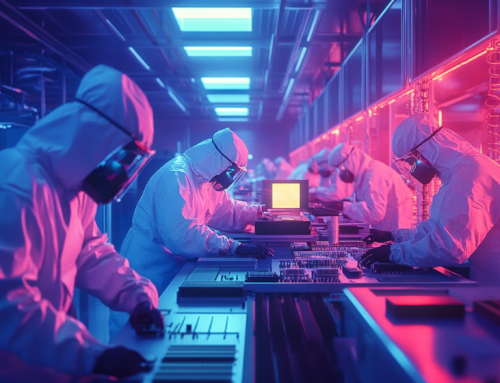
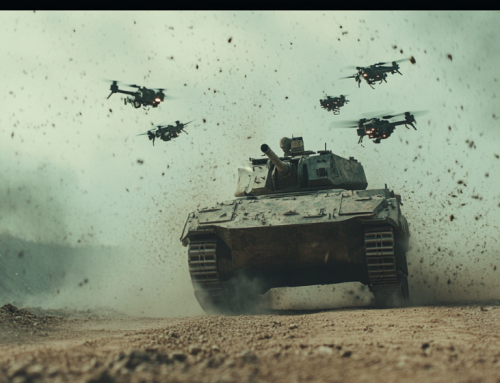

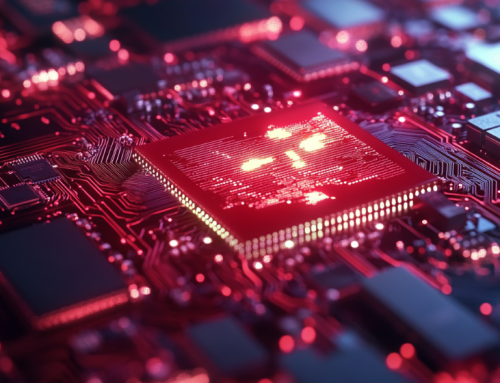
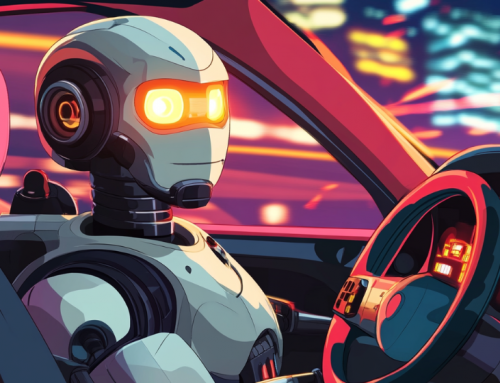

Leave A Comment